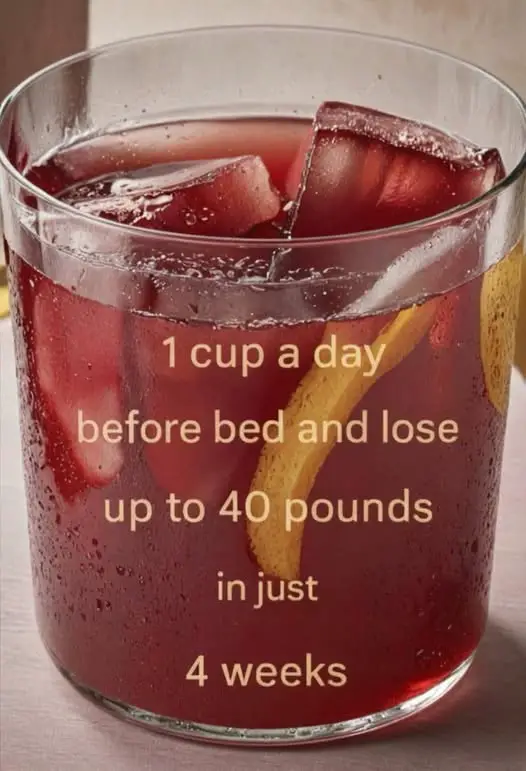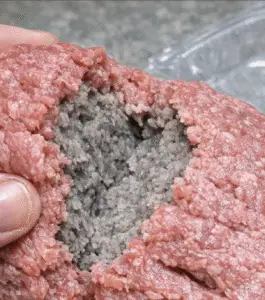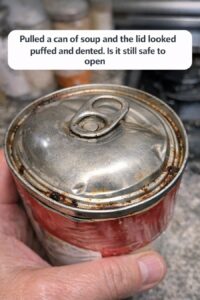
🌱 Introduction: The Temptation of Quick Fixes
The promise of losing 5.5 kg (12 pounds) in just three days sounds almost magical. In a world where weight-loss fads pop up daily, this kind of claim grabs attention instantly. But behind the hype lies a serious truth: rapid weight loss is not only unsustainable but also potentially harmful.
While the scale might drop quickly, most of that “weight” isn’t fat — it’s water, glycogen (stored carbs), and in some cases, even muscle. Health experts warn that pushing your body this hard can have dangerous consequences for your heart, kidneys, and overall wellbeing.
Let’s break down the methods people use for extreme weight loss and why doctors strongly caution against them.

⚠️ Extreme Rapid Weight Loss Methods — and Their Risks
Note: These are not safe or recommended strategies. This section highlights what some people try — and why they’re harmful.
💧 1. Severe Water Restriction
- What it is: Cutting back on drinking water or using techniques to flush fluids out of the body.
- How it “works”: Less water in your system equals less water weight.
- Risks: Dehydration leads to dizziness, fatigue, low blood pressure, confusion, kidney strain, and in severe cases, heart failure.
🥦 2. Very Low-Carb Diets
- What it is: Eating fewer than 20–30 grams of carbs per day.
- How it “works”: Depletes glycogen stores (the body’s carb reserves), which hold water. The result? Rapid water loss.
- Risks: Mood swings, weakness, low energy, and over time, possible negative effects on brain and heart health.
🧖 3. Excessive Sweating (Saunas, Hot Yoga, Sweat Suits)
- What it is: Intense sweating sessions aimed at shedding fluids.
- How it “works”: Temporary water loss makes the scale drop.
- Risks: Electrolyte imbalances (loss of sodium and potassium) can cause cramps, irregular heartbeat, and even heart failure if not corrected.
🍽️ 4. Severe Calorie Restriction or Fasting
- What it is: Eating fewer than 800 calories daily.
- How it “works”: Quickly depletes glycogen and empties the digestive system.
- Risks: Nutrient deficiencies, slower metabolism, gallstones, weakened immunity, and extreme fatigue.
💊 5. Use of Diuretics or Laxatives
- What it is: Substances that increase urination or bowel movements.
- How it “works”: Flushes out water rapidly.
- Risks: Severe dehydration, electrolyte imbalances, kidney damage, and in extreme cases, death.
🧠 What Actually Happens When You Lose Weight Too Fast
- Water Loss: The first drop on the scale is almost always water, not fat.
- Muscle Breakdown: Extreme dieting forces the body to burn muscle tissue for energy.
- Slowed Metabolism: The body thinks it’s in “starvation mode,” making future weight loss harder.
- Short-Term Results Only: Once you return to normal eating, the weight usually comes right back.
✅ Safe & Sustainable Alternatives
If your goal is long-term health and fat loss, the better approach is gradual and consistent change:
- Balanced Diet: Focus on whole foods — vegetables, lean proteins, healthy fats, and complex carbs.
- Stay Hydrated: Drinking water supports metabolism and prevents overeating.
- Regular Movement: Incorporate both cardio and strength training.
- Sleep & Stress: Rest and stress management play a huge role in weight control.
- Set Realistic Goals: Aim for 0.5–1 kg (1–2 pounds) per week — a safe, sustainable pace.
✨ Final Thoughts
While the idea of losing 12 pounds in 3 days is tempting, the reality is far from healthy. Quick fixes come with serious risks — dehydration, nutrient loss, and damage to vital organs.
True wellness comes from steady lifestyle changes. By focusing on long-term health instead of rapid results, you not only protect your body but also give yourself the best chance at maintaining a healthy weight for life.





Leave a Reply